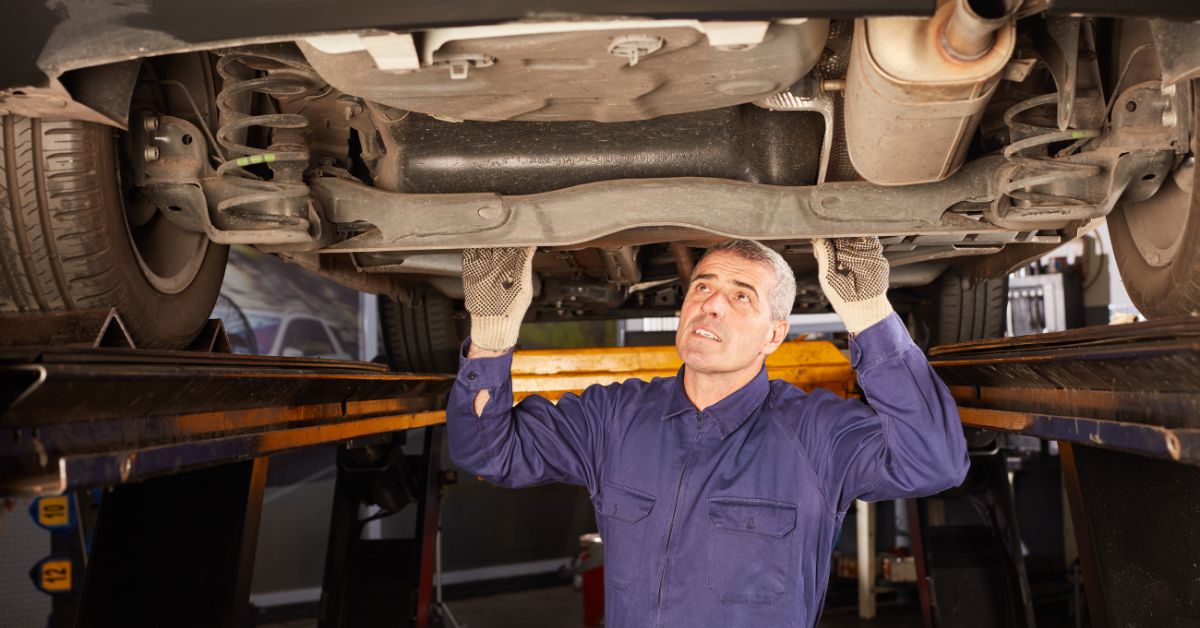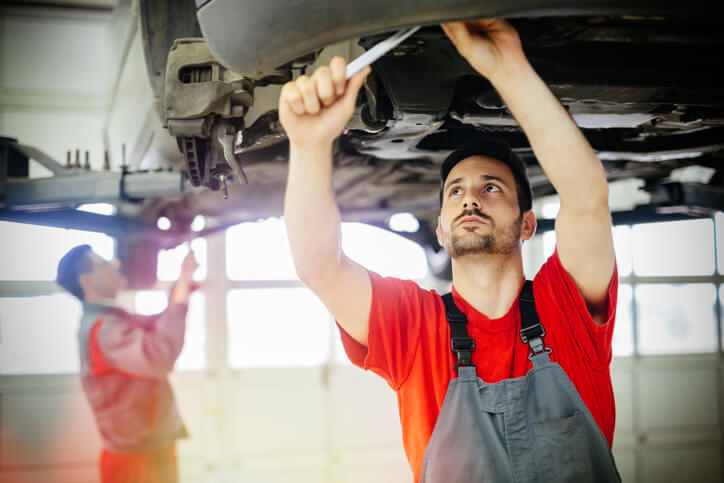31Dec
Benefits Of Underbody Protection for Cars
The underside of a car is often coated with a thick cladding (generally made of rubber) that is applied consistently. This is sprayed or painted onto a freshly washed vehicle right after delivery. However, it is also OK to have the undercoating done after several years. It helps keep the undercarriage from getting nicked up even more.
Rust prevention is the primary goal of undercoating, which is applied to all exposed metal sections of the vehicle but is especially important to frame rails. Wear can be cut in half by using underbody protection for cars which you may find a service provider near you,
Numerous Undercoating Varieties
- Rubberised coating on the underside
- A wax-based underbody coating
- Automotive Undercoating Made of Asphalt
- Underbody Polyurethane Coating
- Keeps rust away
- Absorbs noise
- Reinforcement
- Extend the car's life
- The warranty and other benefits


